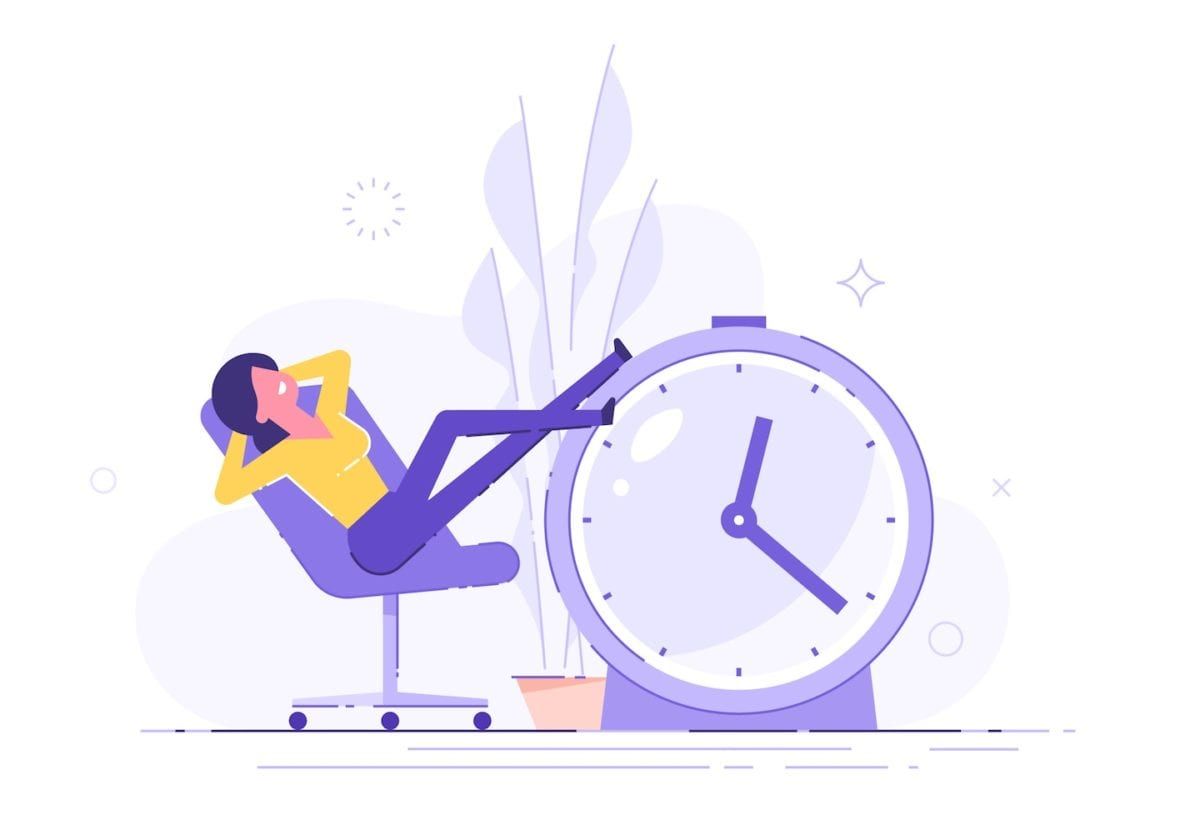3:28 p.m. is the time displayed in bright red, digital font as I burst into my room and slump myself onto the rock-hard mattress. I’m exhausted, and with my History paper due tomorrow, it is essential to acquire the necessary nutrients to perform. The leftover pizza from the fridge hits the spot, and a quick power nap is important to make up for lost sleep. The time is 5:44, but oversleeping isn’t much of a problem since I tend to finish essays quite quickly. My mother insists that I come down to help her cook dinner and to eat with the family. 6:53. I check my phone and see a missed call from one of my buddies. I call him back promptly and we argue over the playoff predictions for the NBA. 8:02. Ok now I should most definitely start my essay. I put my phone away in another room so that I can focus on the task ahead. I open my computer and see that MrBeast, my favorite youtuber, has released a new video. In fact, there are several videos that I have missed. After my quick break, I check to see the time. In fiery scarlet numbers, the time displayed is 11:33. Shoot.
Majority of people can strongly relate to this phenomenon. Where exactly does the time go? The better question is why do people procrastinate their work, especially important tasks?
The reasons behind putting off tasks seem to vary between every procrastinator. For example, if an individual is disorganized by nature, it is quite possible that their procrastination is a cause of an unorderly schedule of when to perform certain tasks. In that case, a simple way to combat this is to become organized with a calendar, a reminder app, or any method that suits the individual. However, professor Timothy Pychyl at Carleton University who studies the psychological process behind procrastination, states that procrastination can also be a behavior to “give in to feel good” for the dread and anxiety of the awaiting task.
Afraid to fail, we push our essential tasks away and shift focus. With this rationale, procrastinators will “reward” themselves with a Netflix serial, or scrolling through TikTok, or any other distraction from what is expected. When the deadline approaches, reality sinks in and almost forces the procrastinator to rush their task at the last minute. Fear of failure, in a way, is what drags us down to limiting our performance ability and the amount of time accredited to a task. This fear and anxiety is unhealthy from the start, but the putting off of tasks simply adds additional stress once the job must be done.
The fact of the matter is, procrastination limits a person’s potential and the capacity to perform to the greatest ability. In a Case Western Reserve University study from the early 2000s, college students who reported procrastination as a lifestyle habit resulted in having more stress/anxiety, lower grades toward the end of semesters, and a higher concentration of health complications within the test population.
So the question that we are all pondering over: what can we do to rid or limit this bad habit? In order to combat the anxiety we face before starting the task, it is important that we motivate ourselves and keep a positive attitude. Remain confident in your abilities to overcome any challenge. Schedule a time where you MUST do your work. Put away your phone or any unnecessary items, and keep only the tools to finish your task. Another trick would be to pre-set a reward after you finish your task. I call this method the “trophy method.” For example, write on a whiteboard that after you finish your task, you will allow yourself to grab ice cream with your friend, or play video games, or obtain the reward of your choice. The best thing to do would be to finish the task as early as possible and relax in the end with what you reward yourself with. Because that’s what a reward is, a gift to oneself after accomplishing greatness.









Comments & Discussion
30 COMMENTS
Please login to read members' comments and participate in the discussion.